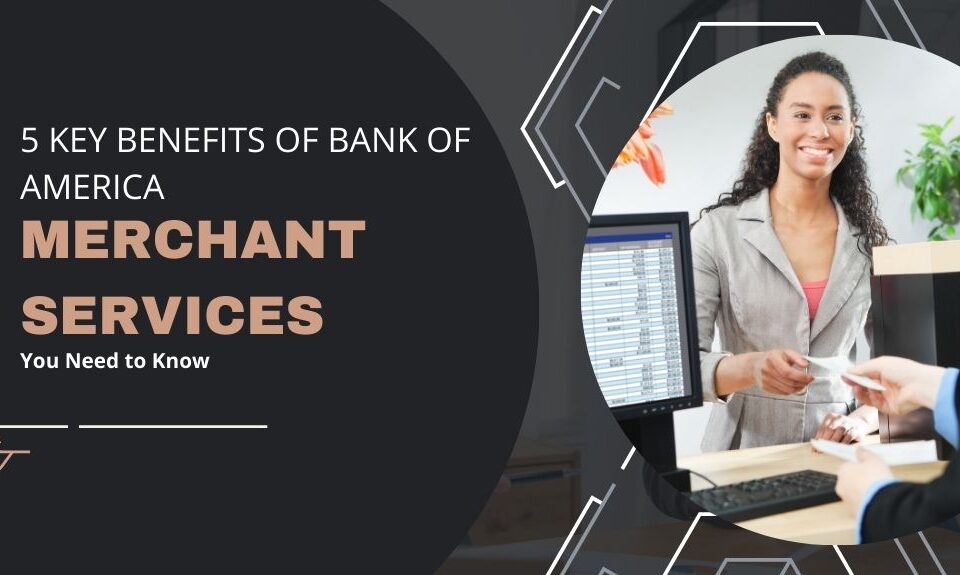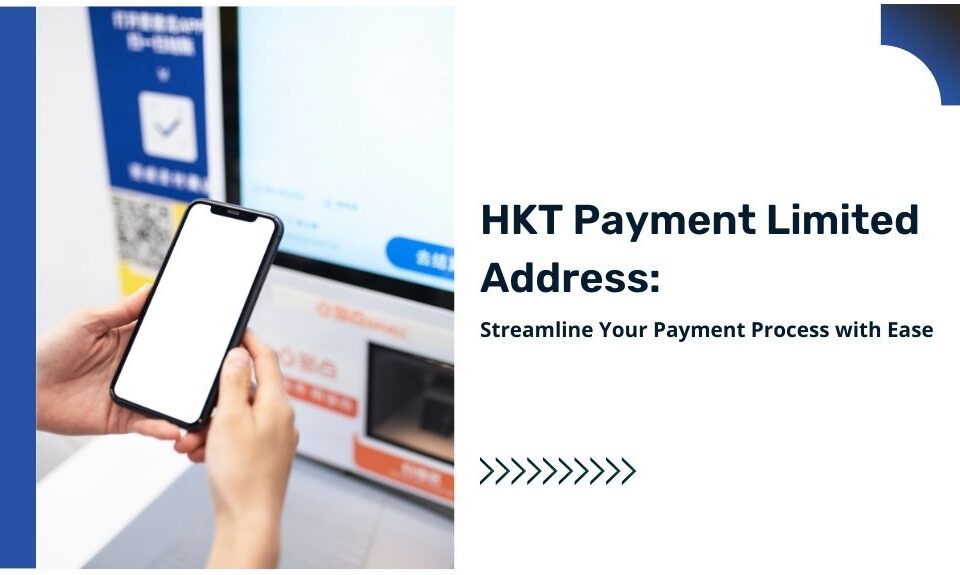Purchasing Merchant Portfolio Residuals: Does Geography Matter? Where Can I Find Them?
How Much Is a Merchant Portfolio Worth?
June 2, 2022What Fees Add to the Value of My Merchant Services Portfolio?
June 2, 2022The merchant portfolio residuals market is actually quite large. The truth is that there are a lot of investors looking to invest through merchant ISOs, portfolios, or residuals. The problem with that is that most buyers don’t know where to start, or even how the residuals work.
One common question asked about residuals is whether the location of the portfolio matters, and where to find these types of properties.
That’s why in this article, you’ll find an overview of merchant portfolio residuals, where to find them, and the significance of their geographic location.
What are Merchant Portfolio Residuals?
By definition, Merchant Portfolio Residuals are the company’s rights and interests in all of the past, present, and future residual revenues it receives from, or remits to, third-party credit, debit, or independent sales organizations (ISOs).
Each transaction charge consists of a small number of residuals. The rate structure of the payment processor is used to determine whether the merchant is required to pay a transaction fee when an electronic payment is completed. The payment processor distributes a share of the proceeds to the independent sales organization that signed up the merchant as payment and to keep them coming to them rather than a rival with a less attractive residual split.
Essentially, selling your merchant residual portfolio means selling your rights to future residual payments from your portfolio. This implies that the future residual money earned by the merchant portfolio will be paid to the new owner rather than you.
You have the option of selling your complete merchant residual portfolio or a piece of it. This may be calculated by selling a set quantity of accounts from your portfolio.
Does Geography Matter
when Purchasing Residuals?
The short answer to this question is no. It doesn’t really matter in most cases because you can still purchase merchant portfolio residuals wherever you are. Essentially, purchasing residuals only means that you are only entitled to receive the seller’s, or usually the agent’s, share from that merchant portfolio. With this notion, there is no need to be within geographical proximity of the merchant portfolio residuals you want to purchase.
Furthermore, because you are only buying the residual income and don’t have an ownership interest in the merchant agreement itself, you do not get the rights to market or cross sell into that book of merchants. Because of this the location is irrelevant in most instances.
Where To Start Looking for Merchant Portfolio Residuals
Many investors are looking for merchant portfolio residuals, but they are not sure where to find them. This guide is intended to point you in the right direction so you can start finding merchant residuals:
Industry Conferences
Trade shows and conferences in the payments industry provide excellent opportunities for networking and generating business opportunities for exhibitors as well as attendees. In the bankcard sector, there are four events a year specifically for portfolio and residual holders. Each year, the Northeast, Southeast, Midwest, and Western acquirers associations host their own regional conference. These events allow collaboration and gathering of some of the major companies in the bankcard sector, along with regional members. Furthermore, there are yearly national conferences conducted by groups such as Money 20/20, ETA, and NACHA, which all draw a large number of merchant portfolio holders.
Industry Attorneys
Industry attorneys are specialists who have developed good, reliable connections and long-term relationships with owners and operators of merchant processing platforms. This means that they are familiar with the ins and outs of merchant portfolios and their dealings. If you can get to know them and become a part of their network, they can be a good source for merchant residual streams and leads for any merchant portfolio on the market.
Industry Consultants
As with other industries, the bankcard sector has a lot of consultants in its ranks. Industry consultants have a plethora of connections within the industry as well, though these are not as expansive as those of. There are some specialists whose services can be quite expensive, but they are the very best resource for connecting you. Furthermore in many cases, particularly if you are a first-time buyer who is already working in the industry or a shareholder from outside the industry, you will require supplemental assistance from a consultant to help you comprehend the appraisal of these kinds of properties, along with guiding you through the agreement procedure and framework. As a result, it’s usually a good idea to establish a working connection with a certified bank card expert before embarking on an acquisition project.
Conclusion
Merchant residuals can be an excellent way to generate extra income, and the fact that their location doesn’t matter much in regards to yours is a great added bonus. You can contact lawyers or consultants in the bankcard industry to get some advice regarding the purchase of residuals from a merchant portfolio. Alternatively, you can visit one of the many conferences held every year by the payment industry.



